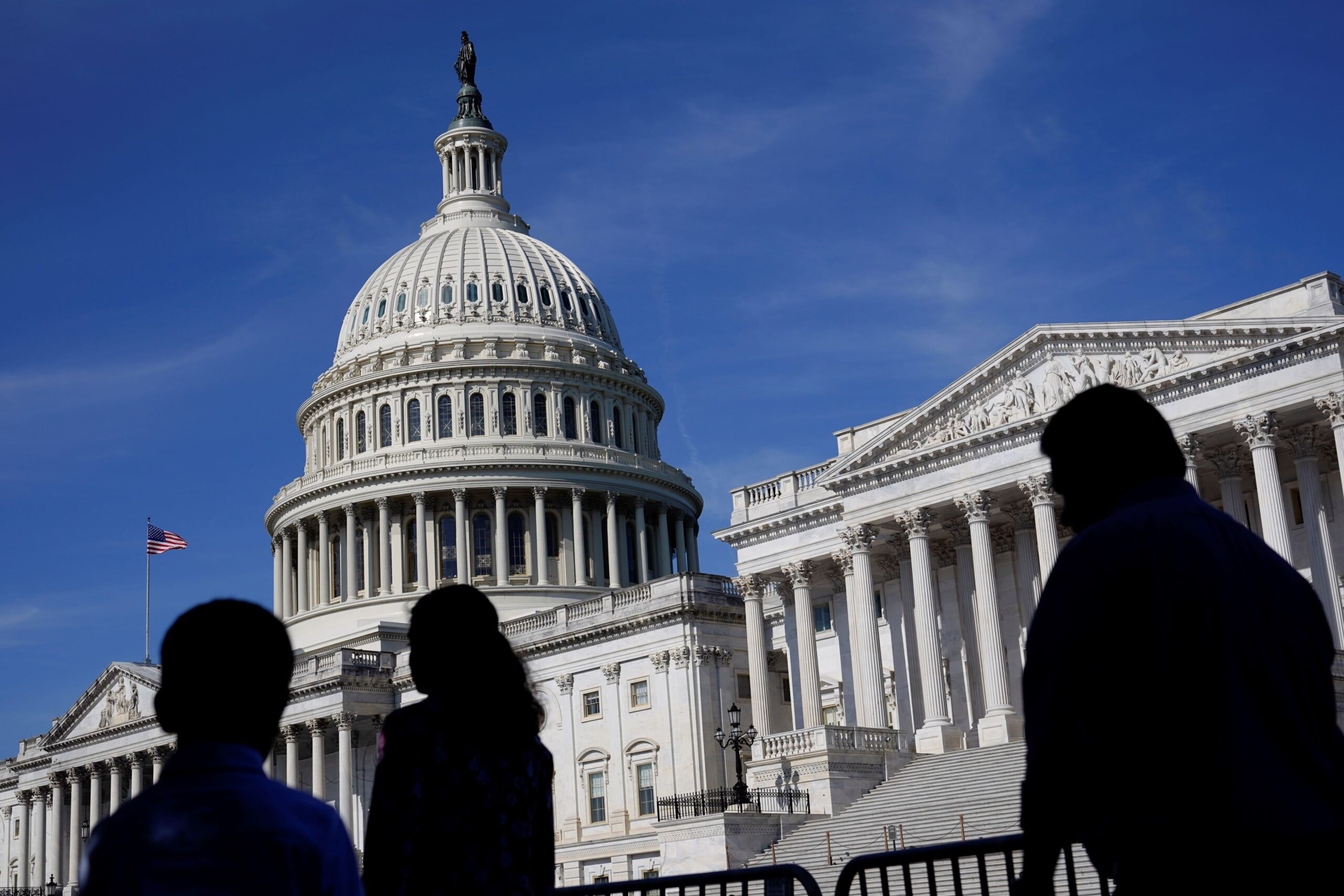The U.S. House of Representatives on Thursday (December 19) rejected President-elect Donald Trump’s proposed plan to fund federal operations and suspend the debt ceiling, just a day before a looming government shutdown.
Nearly three dozen Republicans joined Democrats in opposing the hastily crafted bill, resulting in a decisive 174-235 defeat, falling short of even a simple majority.
Trump had urged lawmakers to resolve budget issues before his inauguration on January 20, but opposition from the party’s right wing sank the proposal. Conservative Republicans refused to back a package that would increase spending and pave the way for adding trillions to the federal government’s $36 trillion debt.
“I am absolutely sickened by a party that campaigns on fiscal responsibility and has the temerity to go to the American people and say you think this is fiscally responsible,” Republican Representative Chip Roy, one of 38 Republicans who voted against the bill, said, according to Reuters.
Government Shutdown Looms
Without an agreement passed by both chambers of Congress and signed into law, a partial government shutdown is set to commence late Friday night. This would halt operations for services ranging from border enforcement to national parks and delay paychecks for over 2 million federal workers. The U.S. Transportation Security Administration also warned of potentially long lines at airports, predicting disruptions during the busy holiday travel season.
The last government shutdown took place in December 2018 and January 2019 during Trump’s first White House term.
The Failed Bill
The latest bill, which was rejected Thursday, closely mirrored an earlier version criticized by Elon Musk and Trump as a wasteful concession to Democrats. The proposal would have extended government funding until March, allocated $100 billion for disaster relief, and suspended the debt ceiling. However, Republicans removed other provisions from the original package, including a pay raise for lawmakers and new regulations for pharmacy benefit managers.
Democrats criticized the bill as a guise for a massive tax cut favoring wealthy supporters like Elon Musk, while burdening the nation with trillions more in debt.






